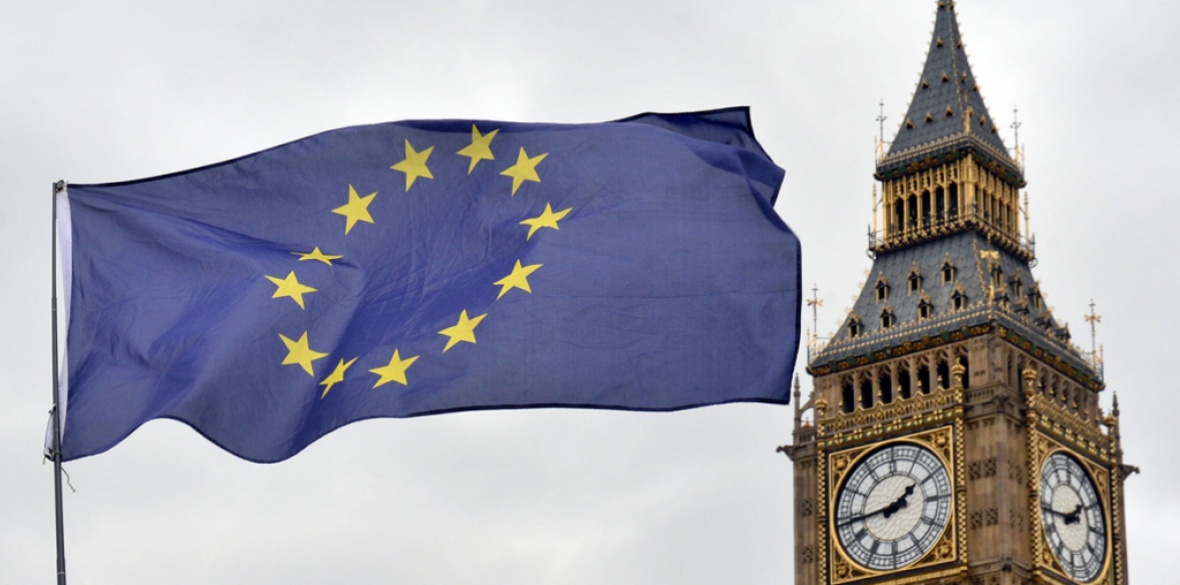This is the last article you can read this month
You can read more article this month
You can read more articles this month
Sorry your limit is up for this month
Reset on:
Please help support the Morning Star by subscribing here
Chuka Umunna’s and other Labour remainers’ hope that the Labour Party will support staying in the single market and the customs union were decisively dashed by Jeremy Corbyn in his much trailed speech in Coventry this week.
That Labour will honour the result of the EU referendum and leave the single market and the customs union and with it end the freedom of movement is not that new. What is new that will prove to be a giant leap forward for the Labour Party is Corbyn making it clear that remaining in either the single market or the customs union is incompatible with Labour’s radical plans for economic and industrial generation, regional development, state aid and state ownership of public utilities — a crucial understanding of the nature of the EU and its institutions that the majority of Labour members are yet to understand.
Significant too was his recognition that the huge EU membership fees will after Brexit be spent on our public services.
Corbyn turned the TUC’s argument for staying in the single market and the customs union as the only way to secure jobs and rights on its head and stated the obvious: jobs and rights can only be secure when we are in charge, by our own actions outside the single market and the customs union and he outlined the measures Labour will take to that end.
The idea of a customs union between the Britain and the EU is clearly a work in progress with its contradictory aims and uncertain outcomes.
Contradictory aims because on the one hand it binds us to EU trade deals while negotiating our own and protecting our national interest when the EU has the German, French and 25 other national interests to consider, as well as its own overriding interest in remaining relevant and in charge.
There are great uncertainties in such a strategy including the possibility of maintaining the high tariffs on food products that penalise developing countries and the possibility of imposing the Canadian equivalent of TTIP, Ceta, on Britain.
If the purpose of considering a customs union is to ensure no return to a hard border in the island of Ireland, then it is unnecessary.
A study commissioned by the EU in November 2017 “identified international standards, best practices and technologies that can be used to avoid a hard border.”
In any case, a customs union as such does not prevent a hard border as the EU/Turkey customs union proves.
If Britain is to keep the very same trading relationship with the EU after Brexit as now, it begs the question: aren’t these the very arrangements that did so much damage to our industry and manufacturing?
Does the fact that a mini car will have its component parts criss-crossing the channel several times before it is finally assembled in Wales serve the interest of workers and the environment, or is it just a way for corporations to make more profit?
Others in the Labour Party, less clear on the issues, must be very wary of appearing to undermine and weaken the hand of those engaged in negotiating with a foreign body on behalf of the country and its people; parties that do that will be punished at the polls.
Fawzi Ibrahim is a national officer of Trade Unionists Against the EU.












